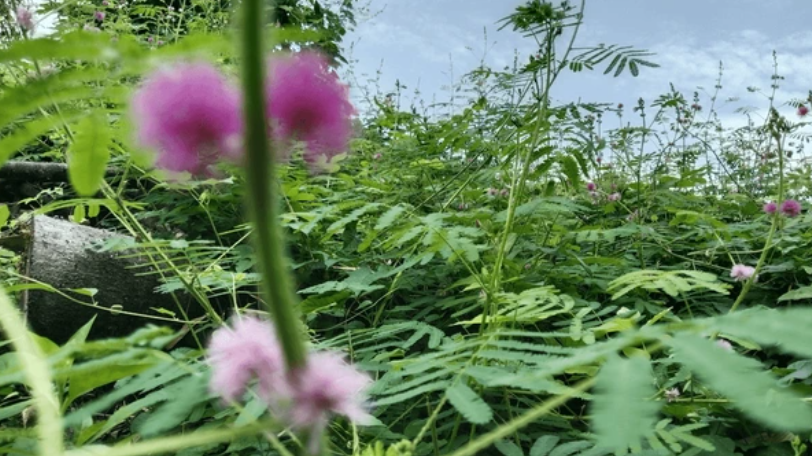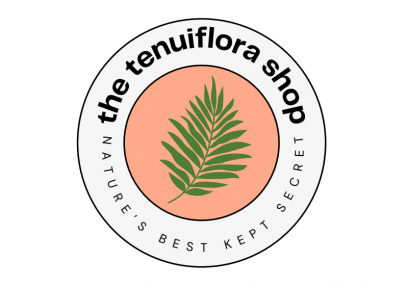Introduction
The benefits of Mimosa Hostilis Root Bark are widely recognized in skincare, natural dyeing, and holistic wellness. Traditionally used by indigenous communities for its healing properties, MHRB has gained popularity for its incredible applications in modern routines. In this guide, we’ll explore why this plant-based powerhouse deserves a spot in your lifestyle.
Mimosa Hostilis Root Bark continues to stand out as one of nature’s most potent multi-use botanicals. Beyond its deep, natural pigmentation, it’s rich in compounds known to support skin renewal and coloration in handmade soaps and natural dye projects. Choosing the right Mimosa Hostilis Root Bark means balancing ethical sourcing with freshness — properly harvested bark not only performs better but also retains its natural reddish tone longer, making it a favorite for both artisans and natural beauty enthusiasts.
👉 [Check out our store for high-quality Mimosa Hostilis]

🌿 Skincare Benefits of Mimosa Hostilis
This ingredient is widely known for its anti-inflammatory and regenerative properties, making it a popular choice for natural skincare enthusiasts. Here’s why it’s so effective:
- Reduces inflammation – Helps soothe irritated skin, reducing redness and swelling.
- Promotes healing – Used in DIY balms and creams to assist with wound healing and scars.
- Rich in tannins & flavonoids – These natural compounds fight bacteria and support healthy skin.
🔗 [Want to learn how to make your own skincare?]
🎨 Natural Dyeing & Textile Uses
One of the most unique uses of MHRB is as a natural dye for fabrics and soaps. Its deep purple-brown hues make it an eco-friendly alternative to synthetic dyes.
- Completely plant-based and non-toxic, making it perfect for sustainable projects.
- Used in DIY clothing, art, and soap coloring.
- Long-lasting and color-rich, ideal for natural dye enthusiasts.
🔗 [Learn how to use Mimosa Hostilis for DIY dyeing]
🌱 Traditional & Medicinal Uses of Mimosa Hostilis Root Bark
Mimosa Hostilis has been used in traditional medicine for centuries due to its antibacterial and wound-healing properties. According to this research study, Mimosa Hostilis has potent antibacterial properties.
- Indigenous groups have used it in tinctures, teas, and salves for minor cuts and burns.
- Known for antimicrobial effects, supporting skin repair and overall wellness.
- Helps with soothing skin irritations and reducing infections naturally.
🔗 [Read about the history of Mimosa Hostilis]
📦 How to Choose the Best Quality Mimosa Hostilis Root Bark
Not all Root Bark is created equal. Here’s how to make sure you’re getting the highest-quality product:
- Source matters – Look for ethically harvested, organic bark.
- Powder vs. shredded bark – Powder is best for skincare and dyeing, while shredded bark is great for long-term storage.
- Color & texture – A deep purple hue and fibrous texture indicate premium quality.
🔗 [See our high-quality Mimosa Hostilis here]
🛍️ Where to Buy Mimosa Hostilis Root Bark
If you’re ready to experience the benefits of Mimosa Hostilis Root Bark, make sure to purchase from a reputable supplier. High-quality MHRB should be ethically sourced, potent, and free of additives.
🌿 Ready to experience the benefits? 🔗 [Check out our shop now!]
💡 FAQs About Mimosa Hostilis Root Bark
❓ Is MHRB safe for skincare?
✅ Yes! It’s is packed with tannins and flavonoids that naturally support skin health and wound healing.
❓ How do I use MHRB as a natural dye?
✅ Simply mix the powdered bark with hot water and let it soak into fabric for a rich, deep hue. This process is commonly used in eco-friendly textile production and DIY crafts.
❓ What makes high-quality MHRB different?
✅ High-quality Mimosa Hostilis Root Bark should be wild-harvested, vibrant in color, and free from fillers or synthetic additives. Always buy from a trusted supplier to ensure purity and potency.
This root bark is a versatile and powerful natural ingredient that supports skincare, natural dyeing, and traditional wellness practices. Whether you’re looking to enhance your beauty routine, create DIY projects, or explore its historical uses, MHRB is a must-have botanical.
📢 Disclaimer: This article is for informational purposes only and is not intended as medical advice. Always consult a healthcare professional before using any new skincare or herbal product.
